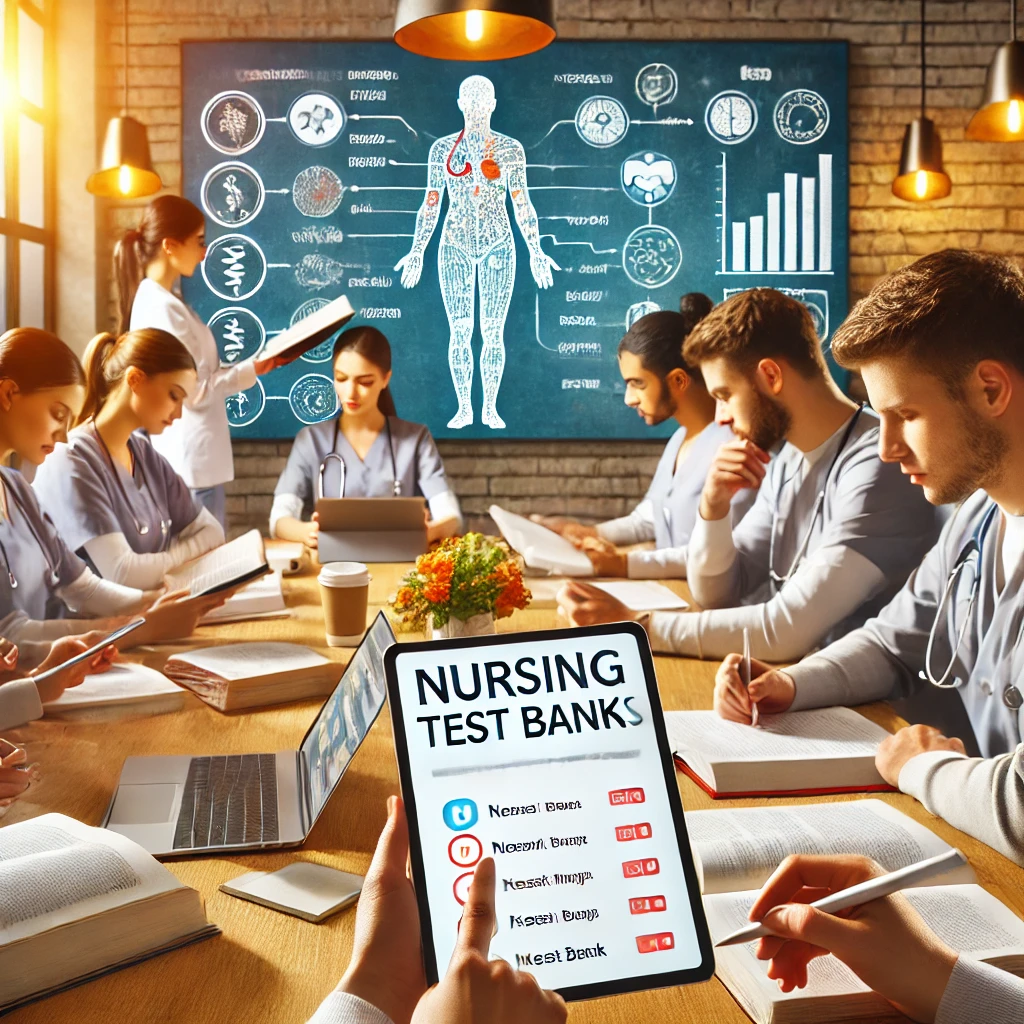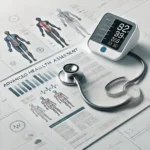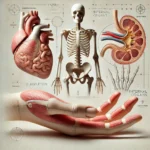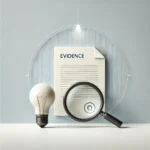Nursing licenses are essential credentials that validate a nurse’s ability to provide safe and effective care. These licenses are issued by state boards of nursing and are mandatory for anyone practicing in the field. Each type of nursing license comes with its own set of requirements, including educational qualifications, clinical experience, and passing a licensing exam.
When discussing the easiest nursing license to obtain, it typically refers to licenses that have minimal educational prerequisites and shorter training durations. For instance, licenses like Certified Nursing Assistant (CNA) or Licensed Practical Nurse (LPN) are often considered more accessible compared to becoming a Registered Nurse (RN), which requires a more rigorous education and testing process.
Factors influencing the ease of obtaining a nursing license include the type of license, state-specific requirements, and available resources to prepare for the exam. For students aiming to fast-track their entry into the nursing profession, exploring options for the easiest nursing license can be a strategic first step. By choosing a path that aligns with their career goals and leveraging tools like test banks for exam preparation, aspiring nurses can achieve licensure more efficiently while building a foundation for future growth.
Table of Contents
ToggleWhy Consider the Easiest Nursing License?
Choosing the easiest nursing license as your starting point in the nursing profession can be a strategic decision with numerous benefits. For students and aspiring nurses, beginning with a simpler license offers a faster and more accessible path into the workforce, allowing them to gain valuable experience and build confidence in their skills.
1. Faster Entry Into the Workforce
The easiest nursing licenses, such as the Certified Nursing Assistant (CNA) or Licensed Practical Nurse (LPN), often require shorter training programs and fewer prerequisites compared to advanced licenses like the Registered Nurse (RN). This means you can complete your education, pass the licensing exam, and start working in a healthcare setting much sooner. For those eager to begin their careers or address immediate financial needs, this can be a significant advantage.
2. Lower Stress Levels During Training
Simpler nursing licenses typically have more straightforward curricula and exams, reducing the academic and emotional stress associated with more advanced nursing programs. For students balancing personal responsibilities, starting with the easiest nursing license can make the journey to licensure more manageable.
3. Building a Strong Foundation
Obtaining the easiest nursing license first provides hands-on experience in patient care and familiarity with healthcare environments. This foundational knowledge can be invaluable if you decide to pursue more advanced nursing roles in the future, such as becoming an RN or earning a specialization.
4. Affordable Training Options
Simpler nursing licenses often have lower tuition costs and shorter program durations, making them a cost-effective option for students who may not have the resources for extended education. Programs for CNAs or LPNs are widely available and often offered at community colleges, vocational schools, or even as employer-sponsored training.
By starting with the easiest nursing license, students can gain early exposure to the profession, develop practical skills, and set themselves up for long-term success without overwhelming financial or academic commitments. This approach allows aspiring nurses to grow their careers step by step, achieving their goals at a pace that works best for them.
Top Nursing Licenses: Ranked by Ease of Obtaining
Not all nursing licenses require the same level of commitment, training, or testing. Some licenses offer a quicker, simpler path into the nursing profession, making them an excellent choice for those seeking to enter the workforce promptly. Below, we’ve ranked the most common nursing licenses by ease of obtaining, highlighting the requirements and processes involved.
1. Certified Nursing Assistant (CNA) – The Easiest Nursing License to Obtain
The Certified Nursing Assistant (CNA) license is widely regarded as the easiest nursing license to obtain. CNAs provide basic patient care, such as bathing, feeding, and assisting with mobility.
- Requirements:
- High school diploma or GED (in most cases).
- Completion of a state-approved training program (typically 4–12 weeks).
- Pass a competency exam, which includes a written test and a skills demonstration.
- Why It’s Easy:
- Minimal education required (often just a short vocational program).
- Quick training and straightforward exam content.
2. Licensed Practical Nurse (LPN) or Licensed Vocational Nurse (LVN)
LPNs (or LVNs, depending on the state) perform more advanced tasks than CNAs, such as administering medications and monitoring patient health under the supervision of RNs or doctors.
- Requirements:
- High school diploma or GED.
- Completion of a practical nursing program (usually 12–18 months).
- Pass the NCLEX-PN exam.
- Why It’s Relatively Easy:
- Training programs are shorter than those for RNs.
- The NCLEX-PN exam focuses on practical nursing concepts, which are more straightforward than the RN-level exam.
3. Registered Nurse (RN)
An RN license opens up broader career opportunities, including specialized nursing roles. However, becoming an RN involves a greater time and financial commitment.
- Requirements:
- Completion of an Associate Degree in Nursing (ADN) or Bachelor of Science in Nursing (BSN) program (2–4 years).
- Pass the NCLEX-RN exam.
- Why It’s More Challenging:
- Lengthy and rigorous academic programs.
- The NCLEX-RN is more comprehensive, covering a wide range of theoretical and practical nursing topics.
Check our NCLEX-RN resources.
4. Advanced Practice Registered Nurse (APRN) – The Most Challenging
APRNs, including Nurse Practitioners (NPs) and Nurse Anesthetists (CRNAs), require advanced degrees and licensure. While not the focus for beginners, it’s worth noting the significant leap required to reach this level.
- Requirements:
- RN license.
- Master’s or Doctoral degree in nursing (2–4 additional years).
- Certification in a specialty area.
- Why It’s Challenging:
- Extensive education and advanced certification exams.
States with the Easiest Nursing License Requirements
When pursuing the easiest nursing license, it’s essential to consider how state-specific regulations can impact the licensure process. Some states are known for their streamlined licensing procedures, minimal requirements, and faster processing times. Additionally, states participating in the Nurse Licensure Compact (NLC) offer added flexibility for multi-state practice, making them an attractive option for nursing students.
1. What Makes a State’s Nursing License Easy to Obtain?
Certain states stand out due to:
- Minimal application paperwork.
- Short processing times for licensing.
- Reciprocity agreements or participation in the Nurse Licensure Compact (NLC).
2. Top States with the Easiest Nursing License Requirements
1. Arizona
- Why It’s Easy:
Arizona is part of the NLC, meaning nurses with a compact license can practice in multiple states without obtaining separate licensure.- Quick online application system.
- Streamlined process for both first-time applicants and those transferring licenses from other states.
2. Texas
- Why It’s Easy:
Texas offers a straightforward licensing process and is also an NLC state. Nursing candidates can enjoy expedited background checks and online application systems.
3. Florida
- Why It’s Easy:
Florida is a popular destination for nurses due to its user-friendly licensing process and clear guidelines for international applicants. While not an NLC state, Florida has reciprocity agreements with other states, simplifying license transfer.
4. Colorado
- Why It’s Easy:
Colorado is part of the NLC and has a reputation for efficient licensing procedures. Nurses educated out-of-state can easily transfer their credentials.
5. Idaho
- Why It’s Easy:
Idaho’s nursing board provides clear instructions for licensure by endorsement, and its NLC participation makes it ideal for those seeking multi-state practice.
3. Understanding the Nurse Licensure Compact (NLC)
The Nurse Licensure Compact (NLC) is a significant factor in making nursing licensure easier. States participating in the NLC allow nurses to obtain a compact license, which permits them to practice in any of the compact states without applying for separate licenses.
- Benefits of the NLC:
- Saves time and money for nurses moving between states.
- Simplifies the process for travel nurses or those working near state borders.
- Reduces redundancy in licensing requirements.
4. How to Choose the Best State for Your Nursing License
When deciding where to pursue the easiest nursing license, consider:
- Whether the state is part of the NLC.
- The speed of their application process.
- The flexibility of transferring or endorsing a license.
How to Prepare for the Easiest Nursing License Exams
Preparing for the easiest nursing license exams, such as those required for Certified Nursing Assistant (CNA) or Licensed Practical Nurse (LPN), involves a combination of strategic planning, effective study habits, and utilizing the right resources. While these exams are considered more straightforward than advanced nursing licensure tests, a focused approach ensures success on the first attempt.
1. Understand the Exam Format and Content
Before diving into preparation, familiarize yourself with the structure and topics covered in the exam.
- For CNA Exams:
- The exam typically includes a written portion with multiple-choice questions and a practical skills demonstration.
- Key topics: basic patient care, hygiene, mobility assistance, and communication.
- For LPN Exams (NCLEX-PN):
- The NCLEX-PN includes computer-adaptive testing with questions on practical nursing care, safety, and pharmacology.
Knowing what to expect helps you focus your study efforts on the most relevant material.
2. Create a Study Schedule
Consistency is key to mastering the material. Divide your preparation into manageable chunks, focusing on one topic at a time.
- Allocate specific hours daily or weekly for studying.
- Dedicate extra time to areas where you feel less confident, such as medical terminology or specific nursing procedures.
3. Use High-Quality Study Materials
Having the right resources is critical for success.
- Test Banks:
- Nursing test banks are one of the most effective tools for preparing for the easiest nursing license exams. They provide a large pool of practice questions similar to those on the actual exam.
- Benefits: Familiarity with question formats, immediate feedback, and targeted practice on weak areas.
- Other Resources:
- Textbooks and study guides: Focus on those specifically designed for CNA or NCLEX-PN exams.
- Online tutorials and video lessons: Great for visual learners to reinforce complex concepts.
4. Practice, Practice, Practice
The more you practice, the more comfortable you’ll be on exam day.
- Take full-length practice exams to simulate the actual test experience.
- Review incorrect answers thoroughly to understand your mistakes and avoid them in the future.
- Use flashcards for quick review of terms, procedures, and key facts.
5. Join Study Groups or Online Communities
Collaborating with peers can enhance your learning experience.
- Study groups: Share insights, clarify doubts, and stay motivated.
- Online forums and social media groups: Many platforms cater specifically to nursing students preparing for licensure exams.
6. Prioritize Self-Care During Preparation
A well-rested mind performs better.
- Maintain a balanced diet and exercise routine to stay energized.
- Take regular breaks during study sessions to prevent burnout.
- Get plenty of sleep, especially the night before the exam.
7. Utilize State Board Resources
Many state nursing boards offer official study guides, sample questions, and additional support for students preparing for licensure exams. These resources align closely with the actual test content and are invaluable for preparation.
Boosting Success Rates with Test Banks for Nursing Exams
When preparing for the easiest nursing license exams, such as CNA or LPN licensure tests, utilizing nursing test banks can significantly enhance your chances of success. Test banks are collections of practice questions designed to mirror the format and content of actual exams. They are an indispensable resource for nursing students, simplifying the study process and providing targeted preparation.
1. Understanding Nursing Test Banks
Test banks are comprehensive repositories of exam-style questions covering various nursing topics, from patient care to medical terminology. These questions often include detailed explanations for correct answers, helping students understand concepts thoroughly.
2. Benefits of Using Test Banks for the Easiest Nursing License Exams
a. Familiarity with Exam Formats
Test banks provide practice questions formatted similarly to those on actual nursing exams. For the easiest nursing license exams, like CNA or LPN tests, this familiarity helps reduce test-day anxiety by ensuring students know what to expect.
b. Targeted Practice on Key Topics
- Test banks allow students to focus on areas where they need the most improvement.
- They cover specific topics and skills, such as patient hygiene, safety protocols, and basic pharmacology, making study sessions more efficient.
c. Reinforcing Knowledge Through Repetition
Repeated exposure to similar questions strengthens retention and understanding. Test banks help solidify foundational concepts crucial for passing nursing exams.
d. Time Management Skills
Practicing with test banks teaches students how to pace themselves during the exam. This is particularly beneficial for time-sensitive tests like the NCLEX-PN.
e. Immediate Feedback and Detailed Explanations
Many test banks provide instant feedback on practice questions, highlighting correct answers and explaining why they are correct. This helps students learn from mistakes and refine their approach.
3. How to Use Test Banks Effectively
a. Create a Study Routine
Incorporate test bank practice into your daily study schedule. Dedicate specific time slots to answer questions and review explanations.
b. Start with Broad Topics, Then Focus on Weak Areas
Initially, answer questions from all categories to identify areas of strength and weakness. Gradually shift focus to topics where improvement is needed.
c. Simulate the Exam Environment
Set aside time to take full-length practice tests in a quiet, timed setting. This builds stamina and boosts confidence for the actual exam.
d. Combine Test Banks with Other Study Resources
While test banks are powerful tools, they work best when paired with textbooks, flashcards, and other study aids to provide a well-rounded understanding.













